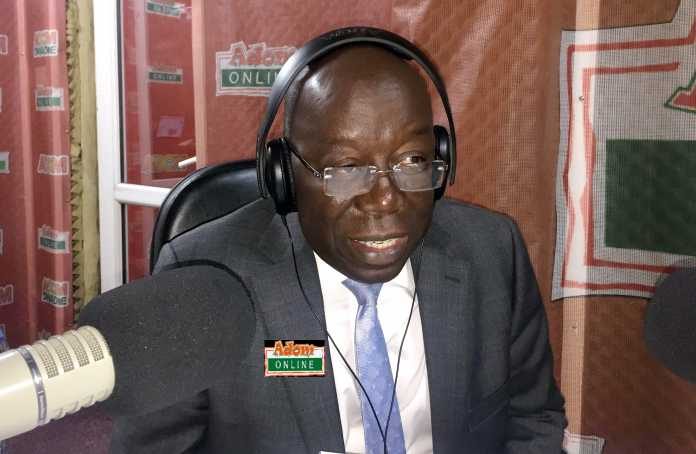The Social Security and National Insurance Trust (SSNIT) in Ghana is gearing up to expand its outreach to include more individuals from the informal sector and self-employed category into the government-backed Tier One pension scheme.
Building upon the achievements of last year’s Self-Employed Enrolment Drive (SEED), SSNIT is poised to adopt a more assertive strategy to attract a greater number of people in this segment, securing their retirement prospects.
Dr. John Ofori-Tenkorang, the Director-General of SSNIT, affirmed the organization’s commitment to this cause, emphasizing the need to sustain momentum beyond the previous year’s successes.
He stated, “We have devised an effective initiative to ensure a brighter future for many individuals upon retirement, and we must maintain this momentum throughout this year and beyond.”
Expansion in Enrollment
The number of self-employed individuals enrolled with SSNIT witnessed a remarkable surge in the last two quarters of the preceding year.
Starting from approximately 14,200 in May, the figure soared to over 57,000 by the end of the last month, with more individuals poised to join the scheme.
SSNIT attributes this surge to a vigorous campaign by the management of the state-run pension scheme, a drive that is slated to intensify in the coming years.
The campaign aims to encompass a substantial portion of the informal sector workforce within the pension scheme’s purview.
While acknowledging the progress in enrolling tens of thousands of self-employed individuals within a short span, Dr. Ofori-Tenkorang stressed the need for continued efforts to scale up enrollment into the hundreds of thousands and even millions, aligning with the organization’s strategic objectives.
Addressing the Gap
According to estimates by the National Pensions Regulatory Authority (NPRA), only about 600,000 out of 6.7 million self-employed individuals in Ghana currently have some form of pension coverage.
This glaring gap underscores the pressing need for SSNIT to bridge this disparity and extend pension benefits to the vast majority of self-employed individuals currently devoid of such coverage.
Ensuring Sustainability
Dr. Ofori-Tenkorang reiterated SSNIT’s commitment to ensuring the sustainability of the pension scheme, which serves as a crucial financial safety net for both formal and informal sector workers.
He affirmed the scheme’s solvency and viability, underscoring SSNIT’s obligation to uphold its stature as one of the premier state-run pension schemes on the continent.
Furthermore, Dr. Ofori-Tenkorang highlighted SSNIT’s proactive approach to optimizing its investments to fulfill its obligations toward pensioners.
While acknowledging some underperforming investments, he assured stakeholders of SSNIT’s unwavering dedication to addressing these challenges in the best interest of the scheme’s beneficiaries.
In conclusion, Dr. Ofori-Tenkorang urged those yet to join the scheme not to be swayed by unfounded apprehensions but to seize the opportunity to secure their financial future through SSNIT’s pension scheme.

